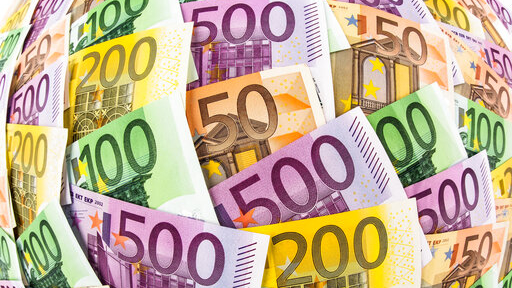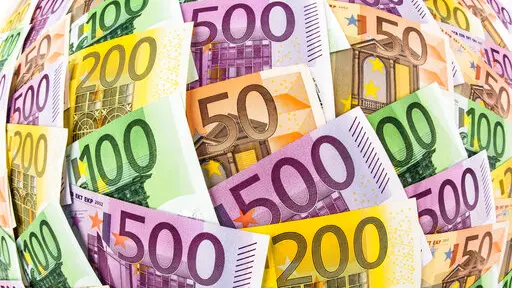
ZEW is an economic research group based in Germany with around 350 analysts contributing in their survey (Credit: AP)
Investor expectations for the German economy have improved substantially, according to the latest ZEW survey of financial market experts. This month, its reading hit its highest level in four years, helped by an easing in the trade dispute between the U.S. and China.
The ZEW is a research instituteand its latest poll showed a reading of 26.7 for economic expectations, up from 10.7 in December. In the Zew's rating system, a zero reading is neutral, so a positive number represents expected growth in the economy.
Analysts say sentiment has been boosted by the "phase one" trade agreement signed by the US and China, suggesting an easing of tensions between the world's two largest economies. Germany's economy is heavily dependent on exports, which makes it vulnerable to any negative impact on global trade.
"The ZEW reading was a positive surprise," said Marco Wagner, a senior economist at Commerzbank, a major German bank. "But, given the mere stabilization of other indicators, I think this points to an economic stabilization, but not yet a recovery."
The survey follows official data last week which showed Germany's economy grew by just 0.6 percent last year. This was its lowest level of growth in six years. The manufacturing sector has been particularly hard hit.
But economists say that, despite the upbeat sentiment revealed by the ZEW survey, the risks to the German economy have not gone away. "I think there are many stumbling blocks, which we will have during 2020," Wagner said.
He added: "One is, of course, the conflict between the U.S. and Iran. There is still a risk of escalation there, which can easily dampen world economic growth. I also think, despite the mini deal between U.S. and China, the trade war is still not resolved and will not be resolved throughout 2020."
Although sentiment may have improved, economists now want to see harder evidence of growth in the German economy.
 简体中文
简体中文





